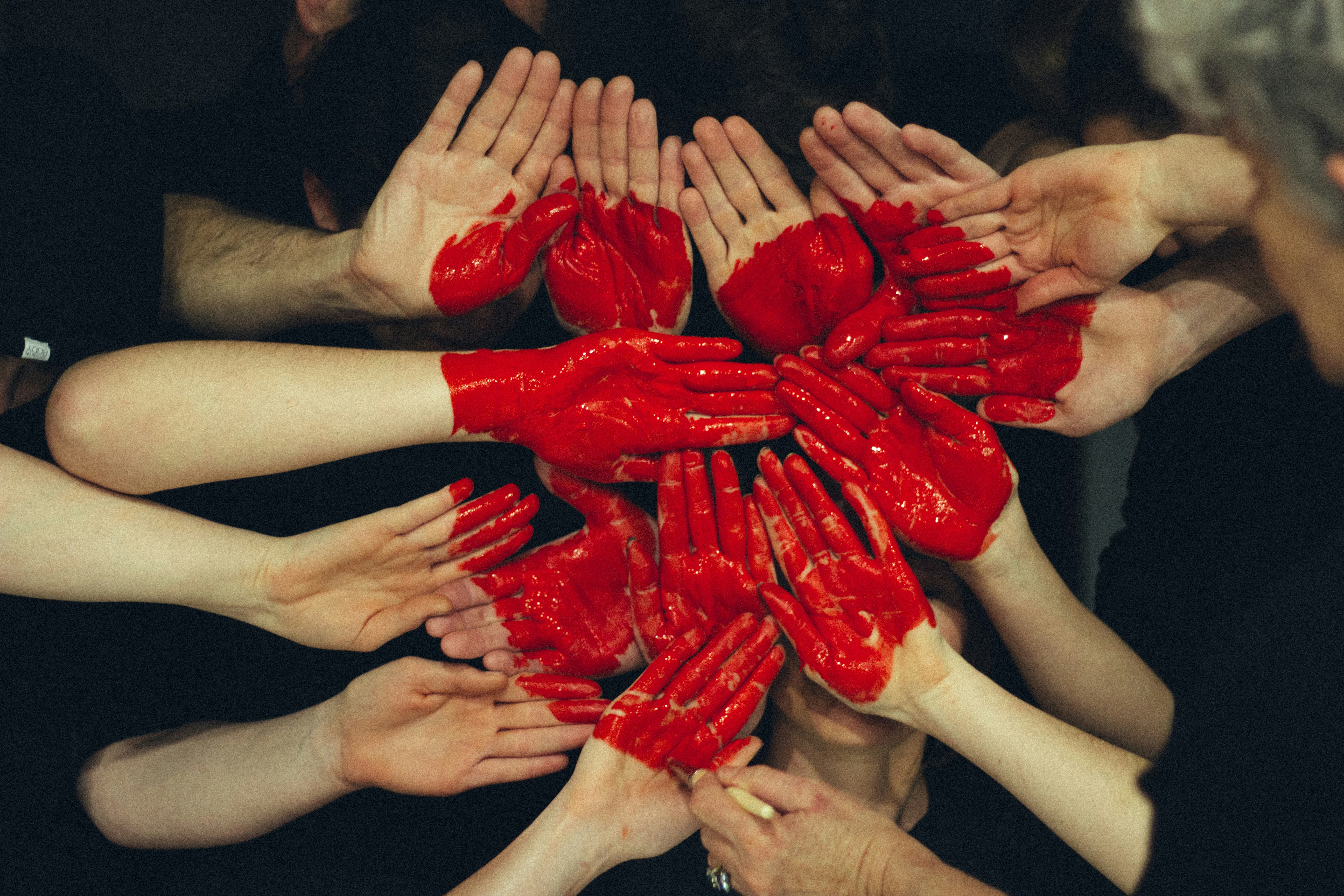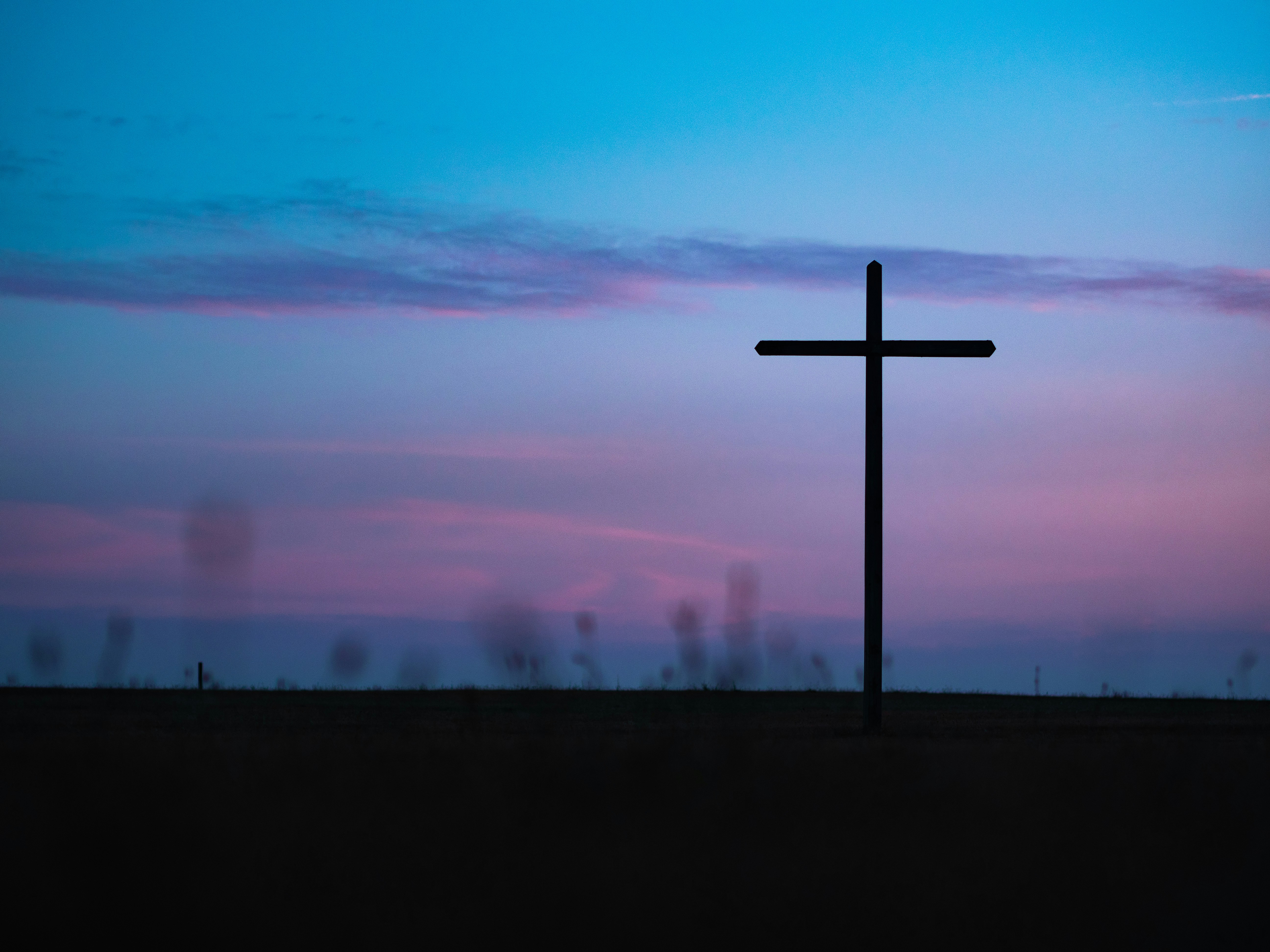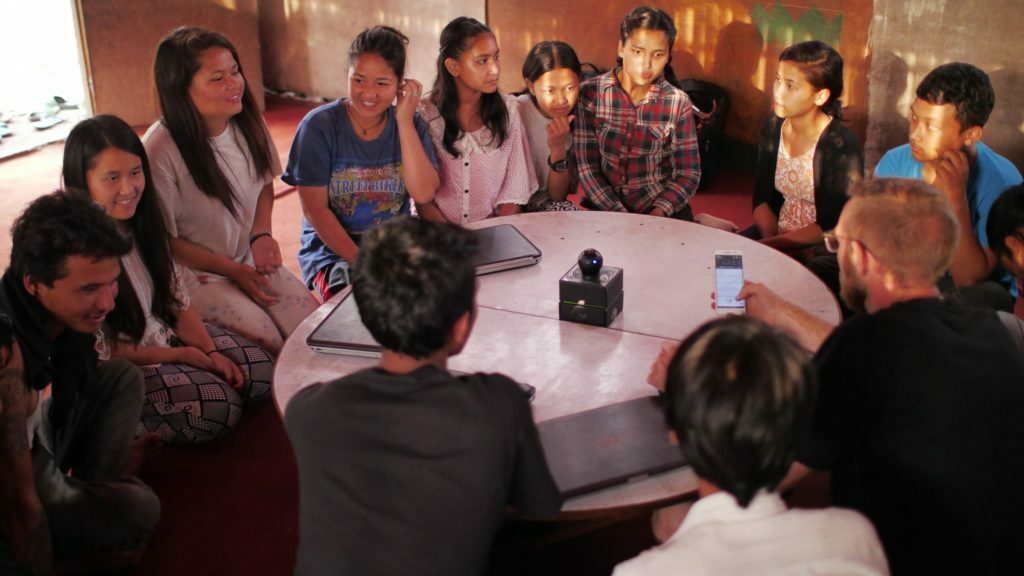Faith, hope, and community have always gone a long way in helping human beings overcome adversity. Throughout history, people have used religion as a motivation to keep trying and maintain faith that something bigger and better is coming. Whether you believe in a higher power or are part of an organized religion and have questions about if or why it’s important during hard times, read on.
A Community of Shared Beliefs

Being part of a larger community of shared beliefs also means a great support system around you when times get tough. While your church network might normally be a great place to get tips about confirmation supplies or family keepsake bible, it can also be great when times get hard. Members of your faith community can be there just to listen to you in your moment of need.
For most, the primary purpose of being part of a religion is for a structured way to worship. But part of worship is also living in a community of people with like-minded views. Not only will members of the same faith reinforce your faith when it weakens, but remind you of it in times of hardship, too. Because of this, being part of a community is great for your mental health—especially when times get difficult.
Maybe you’re gay but have been afraid to come out because of homophobia or other discrimination due to your sexual orientation you may have faced in the past. Maybe you’re concerned about prejudice and stigma against bisexual men from heterosexual people. LGBT folks, whether they’re bisexuals, gay men, and lesbians, will agree that if you are surrounded by people who love you for your true identity, it might be easier. While the outside world could mean judgement, homophobia, and oppression, you could use the church and religion you’re connected with as a buffer. And even if the people in your church community are not as supportive of gay people as you might hope, you can either use it as a moment to strengthen your community or turn to your faith and belief systems themselves. Rejection is terrifying, but you may be surprised at how supportive your faith community will be, regardless of your sexual orientation.
Having Faith in Something More

If you are part of a religious community and facing something like a terminal illness, members of the congregation won’t be fixated only on the things you will need to worry about at home like options for settling life insurance policies, the life settlement process, lump sum payments, or term life policy benefits. While they may be able to give you advice about these things from their own experience, they will be more inclined to help you stay true to your faith and remind you of the power of the Holy Spirit or belief in another higher power.
A church community will look at your whole life well beyond the paperwork and help you find ways, at the end of it, to connect to God. Your religious beliefs about the afterlife will help you to construct the best possible outcomes. That is, where others might experience suicide ideation, a person of faith would have a better shot at navigating normal fears around health issues too big for most of us to handle alone.
Overcoming Hardship with Hope

Hope, like faith, is important to mental wellness. Bring part of a church community can help in times of hardness because the intimate relationships you have through the church can serve as a backbone to your own beliefs. For example, for a person whose child just came out but who suffers from internalized homophobia, a support network of faith may be able to support you through accepting your child’s sexual identity. Hope in knowing that your strained relationship could be prepared sooner than you think with the help of your community and religious beliefs could be better than any help a therapist could give simply because you already trust them and share the same moral understanding of the world.
Life is hard. Sexism, homophobia, hate crimes, negative attitudes about race, sexual stigma, decisions about long-term care at the end of life, and internal conflicts in families all add up. But religion and your beliefs themselves will go a long way in helping alleviate discomfort when things get hard and might even provide you with coping resources to ultimately provide comfort.



